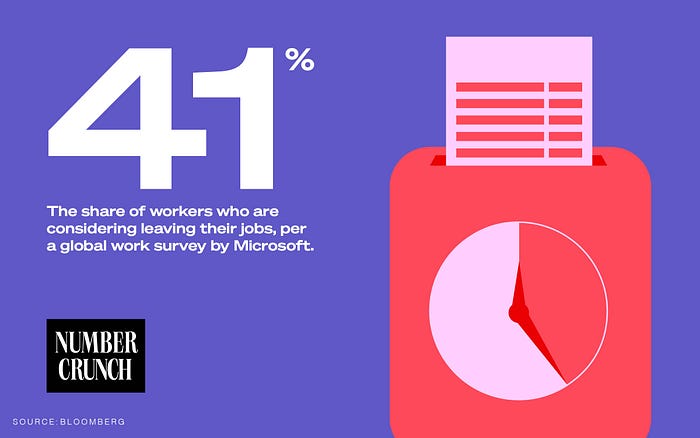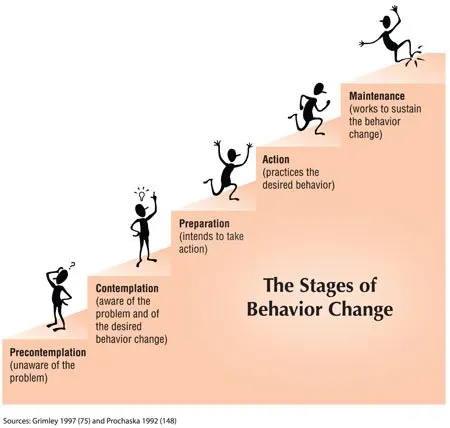16
Employability Skills / Does Skill Matter in Job Market?
« on: May 22, 2021, 06:15:00 PM »Does Skill Matter in Job Market?
Author: K M Hasan Ripon, Executive Director, BSDI
Skill Jobs Blog
https://blog.skill.jobs/

As human being, we always like to be proficient in our respective fields. To get success in our career we need to have different skills associated with our career and we have to go through the learning process to prove our excellence and ensure the care growth. If we stop learning new skills, it will automatically leave our position behind or someone else may take away our position. So in developing a successful career we need to remember it.
Learning something new is sometimes difficult too, especially at the beginning of the career when we start to learn. We make mistakes over and over again. In some cases, we leave the learning effort for the fear of making mistakes. But the reality is that the only way to learn something new is
- to practice relentlessly,
- to make mistakes over and over again, and
- to be committed not to repeat the same mistakes again
Canadian journalist, author Malcolm Gladwell, in his famous book Outliers, says that “ten thousand (10,000) hours of practice is required to be an expert in any one field.” Going a step further, author Josh Kaufman, in his book The Personal MBA, mentions that it takes about 20 hours of practice to get from “I can’t do anything to I can do one thing” – which is 45 minutes a day of regular practice. So no matter what you want to be “fairly good” or “expert” in a subject, you need to practice. Various studies say that practice is also extremely difficult for those who have already acquired high skills in one subject and want to acquire skills in another new subject. And this is probably why many of the veterans are a little reluctant to acquire any new skills. They think that reading a book and discussion on a specific topic is enough to become competent in any skills. Our education system is the example of it. Students are awarded degrees based on how well they can memorize. But at the present time it is universally acknowledged that skill is never possible by only reading and discussing. It requires learning by doing and practicing it over and over again. So skill development is very crucial.
Visit www.skill.jobs for hundreds of job opportunities
Let me clear the facts with some Case studies:
1. I started my career in the Corporate Cell of a reputed organization. For the nature of my job, I had to keep communication with National & International organizations. I had to submit Project proposals. So many times, I had to submit the proposal in Bangladesh and which was a difficult job for me, as I didn’t know the Bengali typing. Therefore I had to depend on others. I used to take the help from one of my colleagues. First time he was enthusiastic. But when I started to send proposal then his facial expressions directly indicated me that he is not at all enjoying typing my tasks. So I decided to learn it. I made my mind to learn Bengali typing. Firstly it took around 12 hours to type a single page. I didn’t leave the battle. I started doing it with more enthusiasm and I can proudly say I have the fastest typing skill in Bangla now.
2. As I am leading few organizations, I remain always engaged in Marketing and Promotional tasks. Sometimes, I have to depend on Graphic Designer, and sometimes, I depend on Video Editor. Yes, I get great cooperation, no doubt, but sometimes, we face such situation, where the production of promotional materials becomes very urgent. Neither I can rush to them, nor give support here. Because those are technical skills and we need to learn it. I have some experience here too. Many years ago, for an urgent design ................
Read more .... click the following link: https://blog.skill.jobs/does-skill-matter-in-job-market/
To up-skill your self and creating your employment opportunities, visit and get registered www.skill.jobs
https://www.facebook.com/skilljobs.bd/
[ftp=ftp://training.skill.jobs]https://training.skill.jobs
https://test.skill.jobs[/ftp][/list][/list]











:strip_icc()/Examples-of-Great-Workplace-Values-1918615-v2-a468a133f21b49f0a666ff1a5bf0974a.png)


